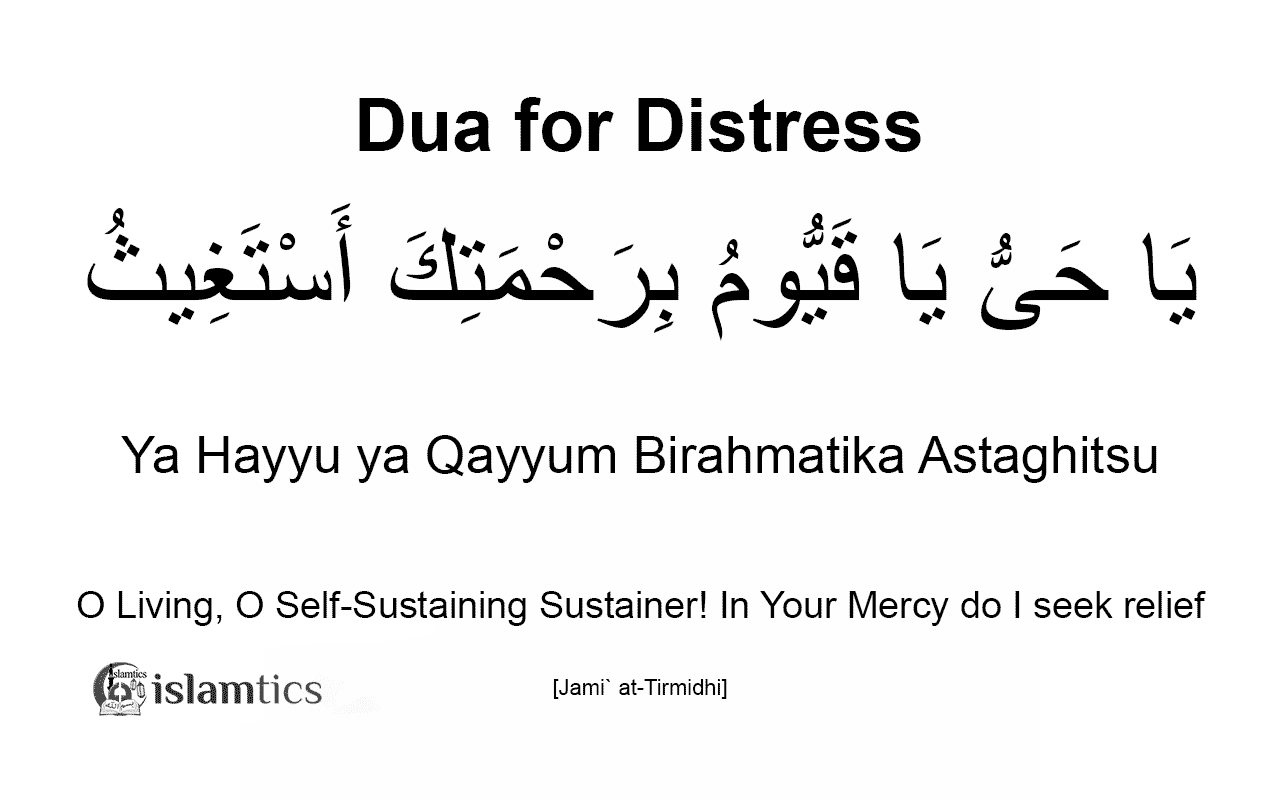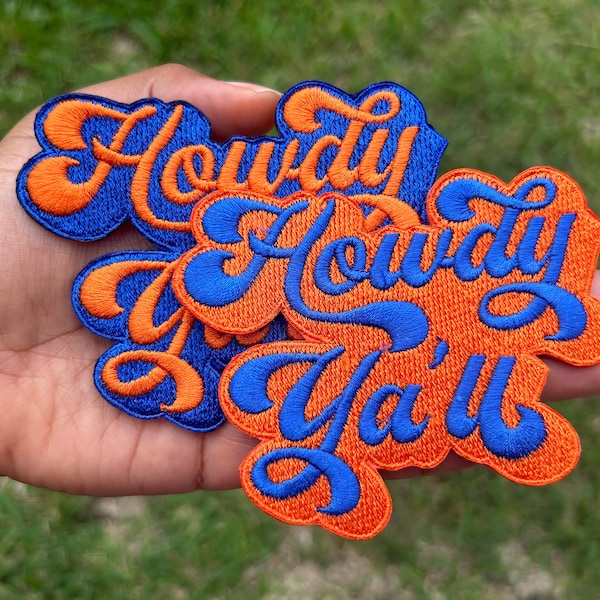Let’s talk about something that’s sparked curiosity for years: ya'll meaning. If you’ve ever been to the Southern United States or watched a good ol’ Southern flick, chances are you’ve heard this term being thrown around. But what exactly does it mean? Is it just a casual way of saying “you all,” or is there more to it than meets the eye? Today, we’re breaking it down for y’all.
Ya'll meaning has become more than just a phrase—it’s a cultural phenomenon. From its roots in Southern dialects to its modern-day usage across social media platforms, ya'll has carved out a space for itself in pop culture. But before we dive deep into the nitty-gritty, let’s set the scene. This isn’t just a word; it’s a reflection of a lifestyle, a community, and a way of communicating that feels warm and inviting.
Now, if you’re scratching your head wondering why ya'll even matters, here’s the deal: language evolves, and so do our ways of expressing ourselves. Ya'll is more than just a contraction—it’s a symbol of inclusivity and connection. So, buckle up because we’re about to take you on a journey through its history, usage, and why it’s become such a beloved term in today’s world.
Read also:Temporary Replacement Hyungru The Rising Star In The Spotlight
What Exactly is Ya'll Meaning?
At its core, ya'll meaning is simple: it’s a contraction of “you all.” But don’t let its simplicity fool you. This little phrase carries a lot of weight in Southern culture. It’s not just a substitute for “you guys” or “y’all” (yes, we’ll get into the spelling variations later). It’s a way of addressing a group of people in a friendly, down-to-earth manner.
For example, imagine you’re at a barbecue in Alabama, and someone says, “Ya'll want some more ribs?” It’s not just an invitation to grab another plate—it’s an invitation to be part of the moment, the conversation, and the community. Ya'll meaning is all about inclusivity and making people feel welcome.
Ya'll vs. Y'all: A Spelling Conundrum
One of the first things people notice about ya'll is the spelling. Is it “ya’ll” or “y’all”? Turns out, both are widely accepted, but there’s a slight difference in how they’re used. “Ya’ll” is often seen as the more phonetic version, while “y’all” is the more commonly recognized spelling. Grammar snobs might argue over which is correct, but in reality, it depends on the context and the writer’s preference.
Here’s a fun fact: linguists actually prefer “y’all” because it aligns with how contractions are typically written in English. But hey, language is flexible, and as long as you’re understood, who’s really counting?
The History Behind Ya'll Meaning
Let’s rewind the clock and explore where ya'll meaning comes from. The term originated in the Southern United States, specifically in regions like Alabama, Georgia, and Texas. Its roots can be traced back to the early 19th century when English-speaking settlers began developing their own dialects. Over time, ya'll became a staple in Southern speech patterns.
But here’s the kicker: ya'll meaning wasn’t always limited to the South. Believe it or not, variations of the term can be found in other English dialects around the world. For instance, in Scotland and Ireland, you’ll find similar expressions like “yous” or “yous guys.” This shows that the idea of a plural “you” isn’t unique to the South—it’s a universal linguistic need.
Read also:Who Is Josh Duhamel Unveiling The Charismatic Hollywood Heartthrob
How Ya'll Meaning Evolved Over Time
As society changed, so did the usage of ya'll. In the early days, it was primarily used in informal settings, like family gatherings or casual conversations. But as Southern culture gained popularity through music, literature, and film, ya'll started to seep into mainstream language. Today, you’ll hear it everywhere—from social media captions to corporate advertisements.
Here’s a timeline of its evolution:
- 1800s: Emerges as a regional dialect in the Southern U.S.
- 1900s: Becomes a defining feature of Southern speech.
- 2000s: Gains popularity in pop culture and media.
- 2020s: Goes global, with people all over the world adopting it.
Why Ya'll Meaning Matters in Modern Language
In today’s fast-paced world, communication is key. And let’s be real—ya'll meaning adds a touch of warmth and personality to any conversation. Whether you’re chatting with friends or addressing a group of colleagues, ya'll has a way of breaking down barriers and creating a sense of unity.
Think about it: how often do you hear someone say “you guys” or “you all” in a formal setting? It feels a little off, right? Ya'll bridges that gap by offering a friendly yet professional alternative. Plus, it’s versatile. You can use it in emails, text messages, or even presentations without sounding too casual.
The Psychology of Ya'll Meaning
There’s actually a psychological reason why ya'll is so effective. Studies show that people are more likely to respond positively to language that feels inclusive and relatable. Ya'll meaning taps into that by creating a sense of belonging. When someone says “ya'll,” it’s like they’re saying, “We’re all in this together.”
And let’s not forget the cultural significance. For many, ya'll meaning represents a connection to their roots and heritage. It’s a reminder of where they come from and the values they hold dear. In a world that’s becoming increasingly globalized, having a linguistic anchor can be comforting.
Ya'll Meaning in Pop Culture
Pop culture has played a huge role in popularizing ya'll meaning. From country music to sitcoms, the term has been featured in countless media outlets. One of the most iconic examples is the movie “Sweet Home Alabama,” where Reese Witherspoon’s character frequently uses ya'll to express her Southern charm.
But it’s not just limited to films and TV shows. Social media platforms like TikTok and Instagram are filled with content creators using ya'll in their captions and videos. It’s become a go-to phrase for adding a touch of Southern flair to any post.
How Ya'll Meaning is Used in Music
Music is another area where ya'll meaning thrives. Country artists like Luke Bryan and Dolly Parton have incorporated the term into their lyrics, making it a staple in the genre. But it’s not just country music—hip-hop and R&B artists have also embraced ya'll, using it to connect with their audiences.
Here’s a quick playlist of songs featuring ya'll:
- “Y’all Know Me” by Luke Bryan
- “9 to 5” by Dolly Parton
- “Southern Girl” by Blake Shelton
- “Ya’ll Don’t Want It” by Jeezy
Common Misconceptions About Ya'll Meaning
Despite its widespread usage, there are still some misconceptions about ya'll meaning. One of the biggest is the belief that it’s only used in the South. While it’s true that ya'll originated there, its popularity has spread far beyond regional boundaries. People all over the world are now using it, proving that language knows no borders.
Another misconception is that ya'll is informal and shouldn’t be used in professional settings. While it’s true that ya'll has a casual vibe, it can be adapted to fit different contexts. For example, instead of saying “you all,” you could say “ya'll team” or “ya'll audience.” It’s all about finding the right balance.
Debunking the “Ya'll Singular” Myth
One of the most debated topics in linguistics is whether ya'll can be used in the singular form. Some argue that it’s strictly a plural term, while others believe it can be used to address one person in certain situations. The truth is, language is fluid, and usage varies depending on the speaker and the context.
For instance, you might hear someone say, “Ya'll gonna come to the party?” even if they’re talking to just one person. While purists might cringe, it’s a natural evolution of the language. After all, rules are meant to be broken, right?
Practical Tips for Using Ya'll Meaning
Now that you know the ins and outs of ya'll meaning, here are some tips for incorporating it into your everyday speech:
- Start small: Use ya'll in casual conversations with friends and family.
- Be mindful of context: Adjust your tone and phrasing based on the situation.
- Experiment with variations: Try different spellings like “ya’ll” or “y’all” to see what feels natural.
- Embrace the culture: Learn more about Southern traditions and how they influence language.
Remember, the key is to use ya'll meaningfully. It’s not just about adding a buzzword to your vocabulary—it’s about connecting with others and sharing a piece of Southern hospitality.
When to Avoid Using Ya'll
While ya'll is versatile, there are times when it might not be the best choice. For example, in highly formal settings like academic papers or legal documents, sticking to traditional language might be more appropriate. Additionally, if you’re speaking to an audience unfamiliar with Southern dialects, you might want to clarify what ya'll means to avoid confusion.
The Future of Ya'll Meaning
As language continues to evolve, so will ya'll meaning. With the rise of globalization and digital communication, we’re likely to see even more variations of the term. It might become a universal expression of inclusivity, transcending cultural and linguistic barriers.
But no matter how it changes, one thing is certain: ya'll will always carry a piece of its Southern roots with it. It’s a reminder of the power of language to bring people together and create connections that transcend geography and background.
How You Can Contribute to Ya'll Evolution
Language belongs to everyone, and that means you have a role to play in shaping its future. Whether you’re using ya'll in your daily conversations or sharing its meaning with others, you’re contributing to its evolution. So go ahead, embrace the charm of ya'll and help it continue to thrive.
Conclusion: Ya'll Meaning in a Nutshell
Ya'll meaning isn’t just about grammar or dialect—it’s about connection. From its humble beginnings in the Southern U.S. to its current status as a global phenomenon, ya'll has proven its staying power. It’s a word that bridges gaps, fosters inclusivity, and adds a touch of warmth to any interaction.
So the next time you find yourself in a conversation, don’t hesitate to throw in a “ya'll.” It might just be the thing that turns a simple chat into a meaningful connection. And remember, language is a gift—use it wisely, and watch the magic unfold.
Now it’s your turn! Share your thoughts in the comments below or spread the word by sharing this article with your friends. Together, let’s keep the spirit of ya'll alive and kicking!
Table of Contents


